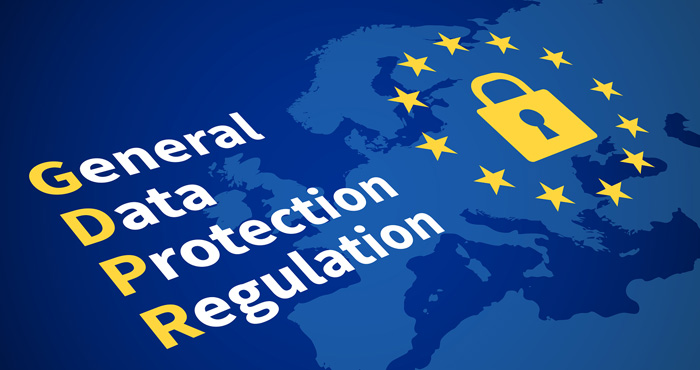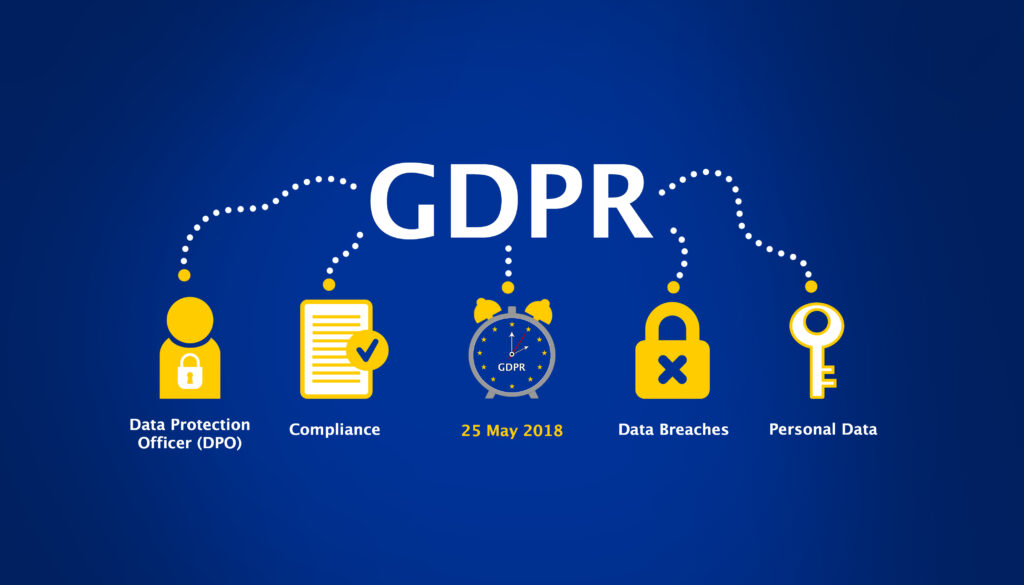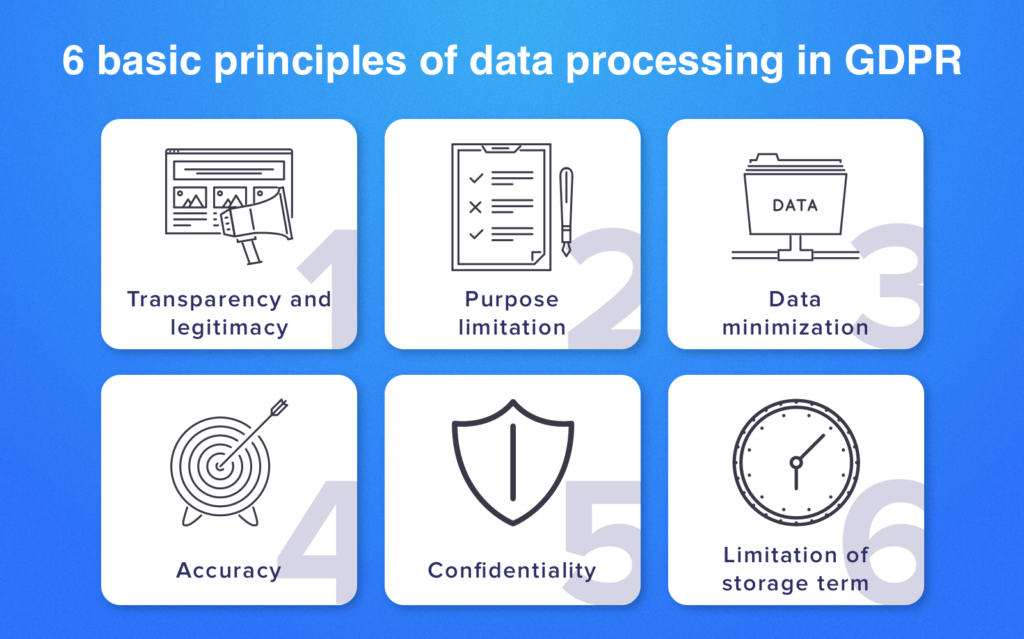Keyword: GDPR Compliance
Introduction:

In an increasingly data-driven world, safeguarding data privacy and achieving General Data Protection Regulation (GDPR) compliance in the United States has become a top priority for businesses and organizations. Understanding the intricacies of data privacy laws and staying compliant with GDPR regulations is essential for building trust with customers, avoiding hefty fines, and ensuring the secure handling of personal data.
General Data Protection Regulations

The General Data Protection Regulation (GDPR) is a comprehensive data privacy and protection regulation that was implemented by the European Union (EU) in May 2018. It replaced the Data Protection Directive of 1995 and introduced significant changes to how personal data is collected, processed, and protected. GDPR is designed to give individuals greater control over their personal data and to harmonize data protection laws across EU member states.
Understanding Data Privacy in the US

Data privacy is a fundamental concern for businesses across all sectors. Protecting sensitive customer information not only builds trust but also ensures compliance with various data protection laws. In the United States, data privacy is primarily governed by sector-specific regulations, such as the Health Insurance Portability and Accountability Act (HIPAA) for healthcare and the Gramm-Leach-Bliley Act (GLBA) for financial services. Additionally, the California Consumer Privacy Act (CCPA) and the newly enacted California Privacy Rights Act (CPRA) have set the stage for more stringent data protection standards at the state level.
The Global Reach of GDPR

While the GDPR is an EU regulation, its extraterritorial reach extends to businesses outside the EU that process the personal data of EU citizens. This means that US companies dealing with European customers or clients must adhere to GDPR principles, which include obtaining explicit consent for data processing, appointing a Data Protection Officer (DPO), and implementing robust data security measures.
Key GDPR Compliance Steps

Achieving compliance with the General Data Protection Regulation (GDPR) involves a series of essential steps for businesses. Initially, they must conduct a comprehensive data audit to understand their data processes and vulnerabilities. Obtaining clear and informed consent from individuals is crucial, along with conducting Data Protection Impact Assessments (DPIAs) to identify and mitigate risks. Robust data security measures, such as encryption and access controls, are imperative for safeguarding personal data. Furthermore, organizations need to establish processes for addressing data subjects’ rights, including access and deletion requests. Lastly, having a well-prepared data breach response plan ensures timely notifications to authorities and affected individuals, minimizing potential harm and legal consequences.
Conclusion:
In a digital age where data is a valuable asset, prioritizing data privacy and achieving GDPR compliance is not just a legal requirement but also a crucial aspect of maintaining customer trust and safeguarding sensitive information. US businesses must stay informed about evolving data privacy regulations, conduct regular assessments, and implement robust data protection measures to navigate the complex landscape successfully.












